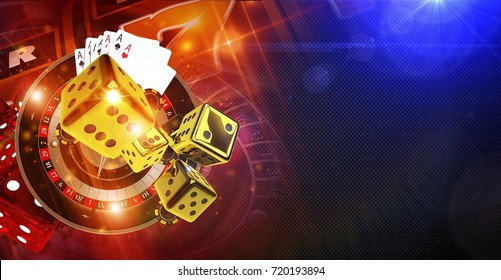Psychology of Gambling – The Story
There is a possibility of high self-confidence in the mind of gambler – for example, the delusion of wisdom that can leave him without the knowledge of the realm of decisions made by him in the wrong sense of security because his brain refuses to accept it that he does not know anything or is unable to make an accurate educated guess. This has led to the delusion of trust control that is given by gambling games, or believes that one can use his skills to determinant a result that depends on luck when he play online casino games. When gambler believes that he can claim some control over the result of the game, he play more gambling. Psychologists point two main contributors that result in the idea of gambling control and they are Near Misses and Personal Choice  .
.
Many types of near misses are seen as gambling and can usually be defined as being close to the jackpot, but not really winning – for example, being one number less from winning a lottery, receiving the number that you bet on at Roulette, or horse that you bet before a second at the completion. In such examples, the middle-frequency gambler produces courage, plays in the hope that the victory is near and one wrong interpretation is that they are honoring their skills with these almost triumphs
The illusion of control is dictated by the concept of personal choice. There are many situations where the gamblers at the best online casinos have the option to play an active role in arranging the gambling like spinning the ball on a roulette wheel, choosing a number on a lottery ticket, and rolling a dice on the craps table. All these types of options create an illusion that gambling enhances a skill to control the outcome of the game, which is actually random. It has been proved that near misses and personal choice lead to gambling addiction, which results in an increasing number of bets by the gamblers all over the world. Of course, it’s a part of the gambling industry and is usually used for their benefit.
Gambling looks like a very contradictory activity. If gamblers come to know that “the house always wins”, then why would they play and there is more chance of losing than our winning. The main reason is taking risks seems to be exciting. Apart from this, there has been a promise that if a gambler wins, he would receive a big victory – without getting anything done. According to neurological research, same nerve processes are shared in gambling addiction and drug addiction. So, winning will immediately make a natural high, but for this, the build-up can be a powerful and exciting stimulus for gamblers. As you wait for the last score of the game, the number on the lottery or the next card, the feeling of anticipation, this is familiar to the people that they get from entertainment.

0 Comments
Leave your comment here